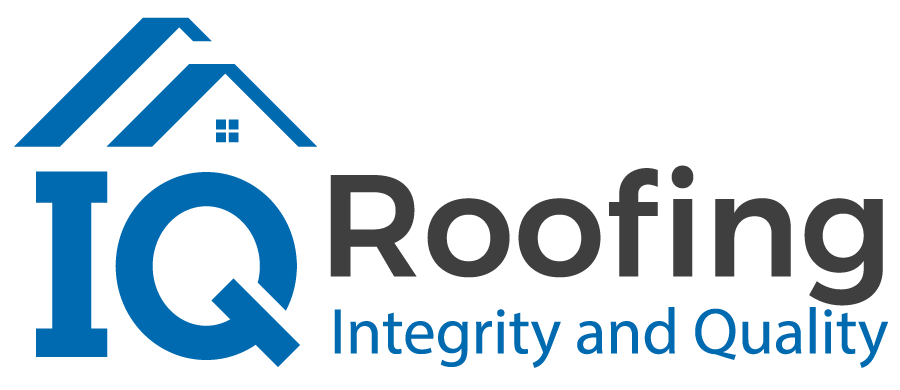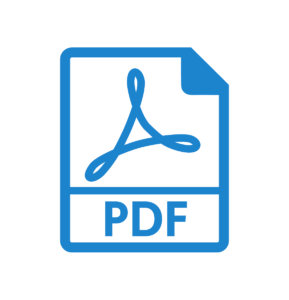If you open your door to one of these door-to-door sales people, they will offer you a free professional roof inspection. To most homeowners, this sounds like a great offer, but there’s a catch. In this case, it’s an “authorization form”. They will tell you they need you to sign an authorization form to allow them to get on your roof, but it is likely really authorizing them to act on your behalf with the insurance company. While there are times when this is a helpful thing for a homeowner, it should never be done in deceit. You should never be asked to sign anything before you are sure there is a legitimate claim and whether you want to do business with this roofer. The sooner they get you to sign something the sooner they can get a claim opened.
7 reasons you should avoid storm chasers
Seven Key reasons you should NOT hire a Storm Chaser

The ``Free Inspection``

Expect Them To Find Damage
You should expect a bad report. Remember this is a numbers game for Storms Chasers, the more claims they get opened, the more likely they are to get some of those approved and how that may affect you is not their concern. In some situations, they will even create damage on your roof in an effort to ensure a claim gets paid. Due to this practice, adjusters are trained how to detect deliberately created damage. HAAG engineering, a forensic engineering consulting company, has a specific chapter in their roof inspection
manual call the “Ball Ping Hammer Test.” The scary part is that a
roofer may leave your roof in worse condition that it was originally found and a claim may not be paid if the damage is found to
have been caused by intentional damage. That could be a very
bad situation for you.
Hidden Provisions and Cancellation fees
Contingency & Limited Power of Attorney provisions
Especially with insurance claims, roofers generally have a contingency provision in their contract language that awards them the contract exclusively if they work with you to open your insurance claim. If your roofer has come highly recommended and you know and trust this roofer, signing this type of provision is ok. However, when it comes to a “limited power of attorney” agreement, you should never sign one. There are generally two reasons roofing contractors will use them:
1. to accomplish AOB provisions (Assignment of Benefits), which are illegal in Texas.
2. to allow them to negotiate or effect the settlement of the insurance claim on behalf of a policyholder. Any roofer attempting to act in the role of a public adjuster is violating Texas law. Negotiating insurance claims can only be done by a public adjuster or an attorney.
Realizing that “power of attorney” is generally an unsettling phrase, some contractors use language like, “helper provision,” “inclusion agreement,” “roof inspection authorization,” or “claim assistance provision.” Whatever term they use, this is improper.
Public Adjuster provisions
Another common practice by some contractors is to include a provision in the contract stating that they will hire a public insurance adjuster to assist in the claims process. There is usually no need to hire a public adjuster at the onset of a claim. Why pay them a fee up front when the insurance company may agree to pay the claim in whole without dispute? A public adjuster may become necessary if you are disputing the value the insurance adjuster assigned to your claim. Public adjuster fees are typically 10% of the claim value. This cost can be used as a cancellation penalty, so read your contract carefully.
Cancellation Fees
Whenever you sign a contract, you should abide by its terms; however, there are legitimate reasons to cancel. It is critical to read the contract carefully to verify it is consistent with what the salesperson has stated. A common tactic is to get a homeowner to sign a contract, sometimes calling it an estimate, and then have large cancellation penalties included. Under Texas law, the door-to-door seller must advise you orally and in writing that you have a right to cancel the sale within three days. He or she must also give you a contract or receipt stating the date of the sale, the name and address of the merchant, and a statement of your right to cancel the contract which includes the address where you send your cancellation notice.

Avoid Fraud
Down payment: This is the number one way that homeowners are defrauded on a consistent basis with roofing companies. There are generally four reasons a roofer will ask you for a down payment.
normal for the purchase of materials.
Avoid Deductible – In Texas it is illegal for a roofing contractor to waive or rebate your deductible or “work it into the price,” or otherwise promise to make it up to you in any way. Contractors who do this are committing insurance fraud. New legislation in 2019 has clarified that such schemes are illegal. The law also now requires homeowners to show reasonable proof that the deductible was paid.

High Pressure
High pressure sales is the nature of storm chasers because they know other storm chasers will also be at your door shortly. Remember, their #1 goal is to get you to sign a contract ASAP.
Here are a few things you may hear:
a) “Early Commitment Rebate”- if you sign today we can offer a rebate. (see “Avoid Deductible” in the Avoid Fraud section)
b) Getting on the schedule- “Our schedule is filling up fast, so to get your place secured, we need a signed contract.”
c) Insurance delays – “The insurance companies are about to be overwhelmed with all these claims from this storm, so the sooner you sign, the sooner we can get on the phone with your insurance company and get the ball moving.”

Maximizing Profit - ``The Blank Contract``
The primary goal of storm chasers is maximizing profits. Remember, most of these companies are from out of town, so they do have higher costs than a local roofer. The number one tool to accomplish this is through what is often called a “Blank Contract.” A blank contract is just that, it provides very little detail when it comes to the price and materials to be installed.
If they have a vaguely written contract it gives them significant latitude to maximize profit.
Here are the two primary ways they do that.
Maximize Revenue:
Many contracts from storm chasers do not state a specific price, rather they will state the price is the “Insurance proceeds.” This open-ended pricing method allows the roofer to go back to the insurance company and request supplement payments for miscellaneous items, whether legitimate or not.
Minimize Costs:
These contracts will simply state they will remove your old roof and replace with a new one, often omitting what type of materials will be used to replace the old one. This is done because there is a significant amount of profit to be realized by using cheap materials. Keep in mind that your insurance company is about to pay a significant amount of money to replace your roof, so ensure you are getting a high quality roof system by asking for the specific materials used and verifying they are high quality.

Warranty
This pretty simple, if the roofer is from out of town, what do you think the likelihood is that they will come and honor that warranty. This is why it is critical to only have a local roofer do your work. There are thousands of roofers in the Houston area with great reputations, so stick with a local company to ensure you have a warranty that will be serviceable.


